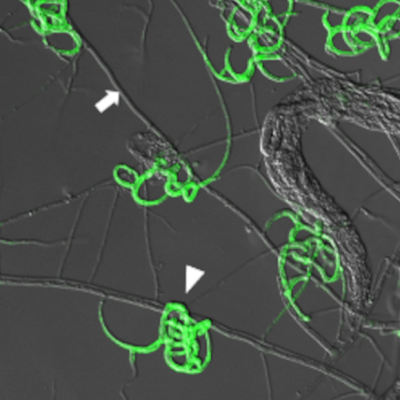In a groundbreaking discovery, researchers at Harvard University have found that many people in the Ganges Delta possess a natural immunity to cholera. Over time, the people in this region have developed a genetic resistance to the disease. The scientists, led by Elinor Karlsson, published their findings in the journal Science Translational Medicine. They discovered a group of genes that provide natural resistance to cholera, which must have developed over time as the people in the Ganges Delta have been in contact with the disease for thousands of years.
The researchers analyzed the DNA of 42 randomly selected families in Bangladesh and found previously unknown genes that cause genetic resistance to cholera. For the approximately 143 million people living in the Ganges Delta, this natural resistance is a significant evolutionary advantage. The population has been in close contact with cholera for millennia, and this natural immunity is a clear adaptation to their living conditions. The latest research suggests that cholera originated in this region of the world, so it is not surprising that a natural resistance has emerged here.
The researchers believe that their findings shed light on the genetic basis of cholera resistance in the Ganges Delta population and present a promising approach to identifying genetic factors that influence susceptibility to infectious diseases. The new research could also be helpful in developing new vaccines and therapies. Cholera is a severe infectious disease that affects between three and five million people worldwide each year. If left untreated, it can lead to death. The disease is caused by the Vibrio cholerae bacterium, which is often ingested through contaminated water or food. The bacterium attacks the small intestine, causing severe diarrhea and vomiting, which can lead to dehydration and electrolyte loss.
In conclusion, the discovery of natural immunity to cholera in the Ganges Delta is a significant breakthrough in the fight against infectious diseases. The researchers’ findings provide valuable insights into the genetic basis of cholera resistance and could lead to the development of new vaccines and therapies. The natural immunity of the people in this region is a clear example of how evolution can adapt to living conditions and provide an advantage in the face of disease.










